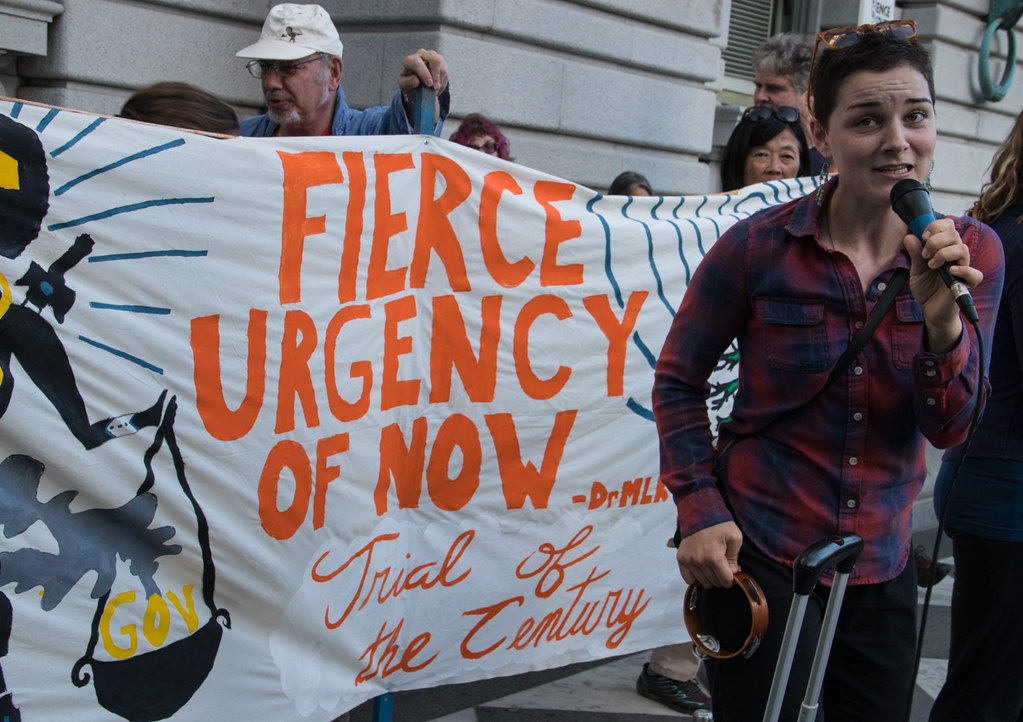
March 15, 2022 | The American Prospect
Op-Ed Climate and EnvironmentCorporate CrackdownDepartment of JusticeEthics in GovernmentExecutive BranchIndependent Agencies
Where the Government’s Environmental Lawyers Stand
Joe Biden pledged that as president he would hold polluters accountable. But in 2021, the number of criminal cases against polluters referred to the Justice Department dropped even lower than the year before. At best, DOJ officials have set their sights on bringing environmental crime enforcement back up to Obama-era levels—but not exceeding them. That’s a decidedly muted goal; environmental crimes enforcement was higher under George W. Bush than Obama, and has always been underfunded.
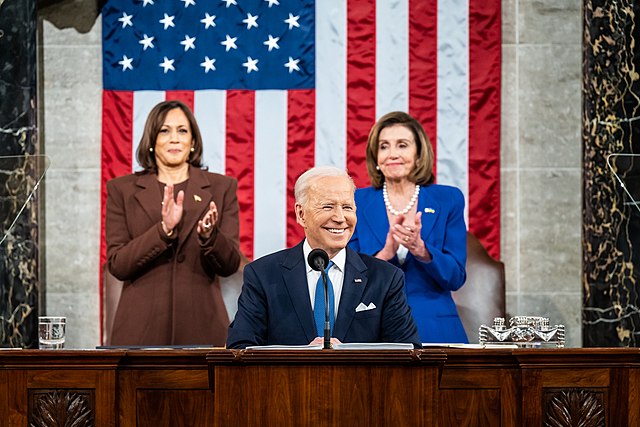
March 02, 2022
Dylan Gyauch-Lewis Max Moran Toni Aguilar Rosenthal
Blog Post Corporate CrackdownEthics in GovernmentExecutive BranchFederal ReserveFinancial RegulationIntellectual PropertyRevolving DoorTech
What Can Biden Actually DO From His State Of The Union?
Biden is still married to reviving a long-lost vision of bipartisanship. Never mind that the same Republicans he’s desperate to welcome into the fold literally did not applaud the ideal of bipartisanship he is pushing.
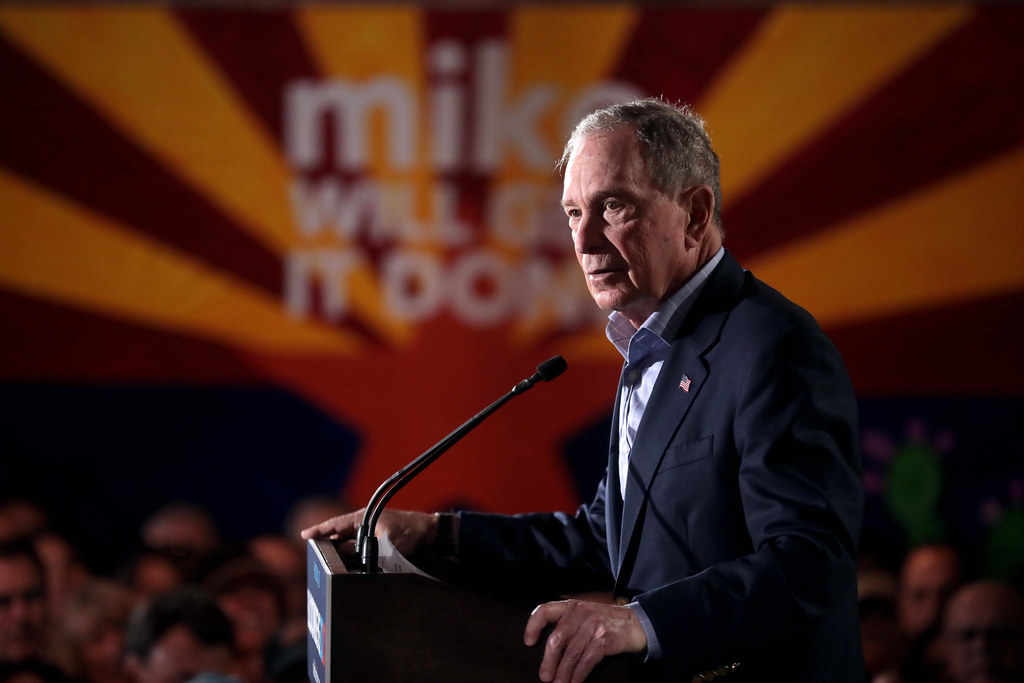
February 16, 2022 | The American Prospect
Bloomberg’s Military Investments Unknown as He Heads to Pentagon Position
I was curious if Bloomberg’s billions of dollars in investments might shed any light on his sudden interest in the Pentagon, so I looked up his financial disclosures from the 2020 Democratic primary. It turns out, they don’t exist.
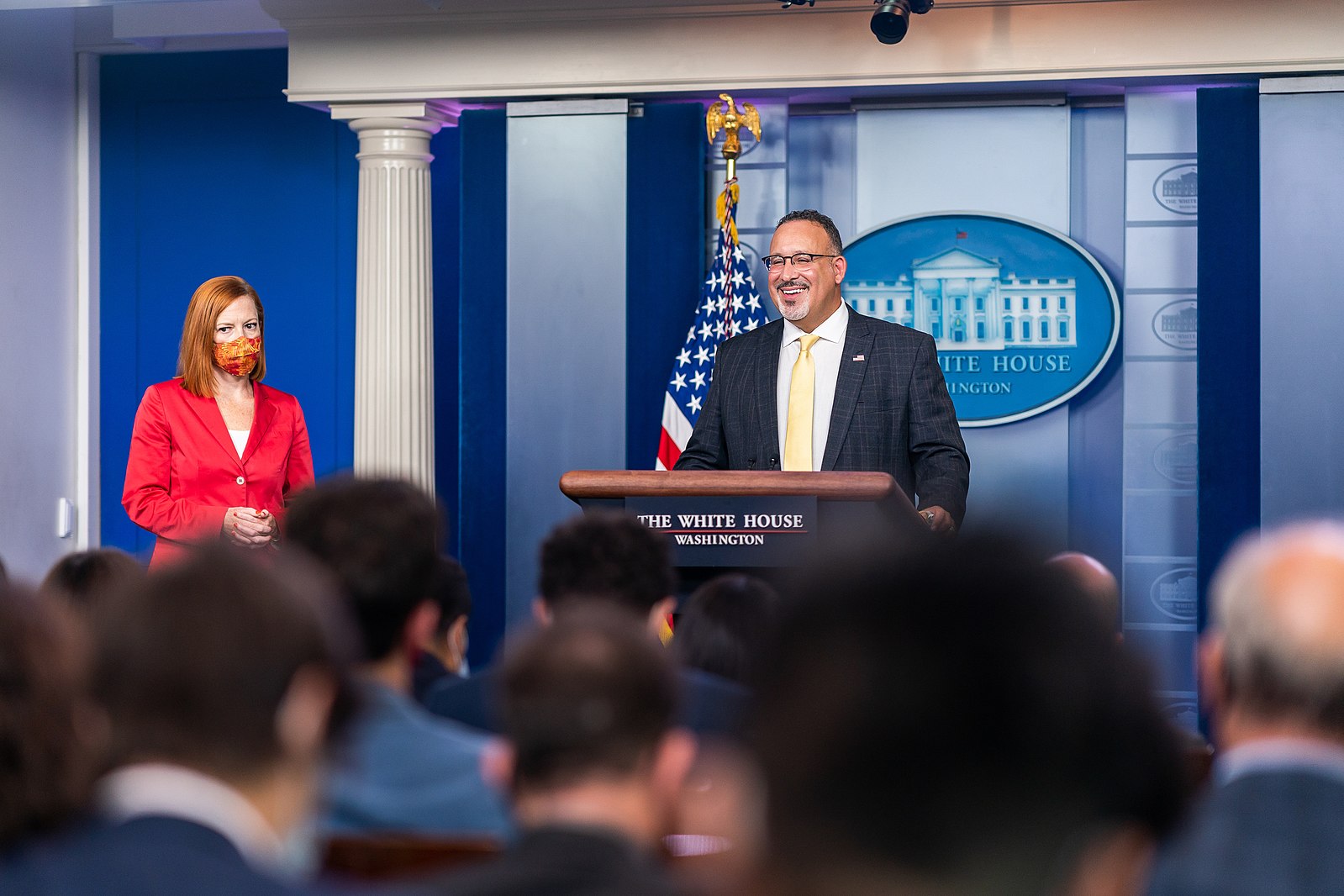
February 11, 2022
Coalition Letter to Education Secretary Cardona: Withdraw All Oppositions to Student Debt Discharge in Bankruptcy Court
Dear Secretary Cardona:
We are writing today to thank the Department of Education for committing to reform its practices on opposing and appealing student loan discharges in bankruptcy court. Our organizations call on the Department to immediately withdraw oppositions to individuals seeking undue hardship discharges in bankruptcy proceedings while these reforms are being implemented.
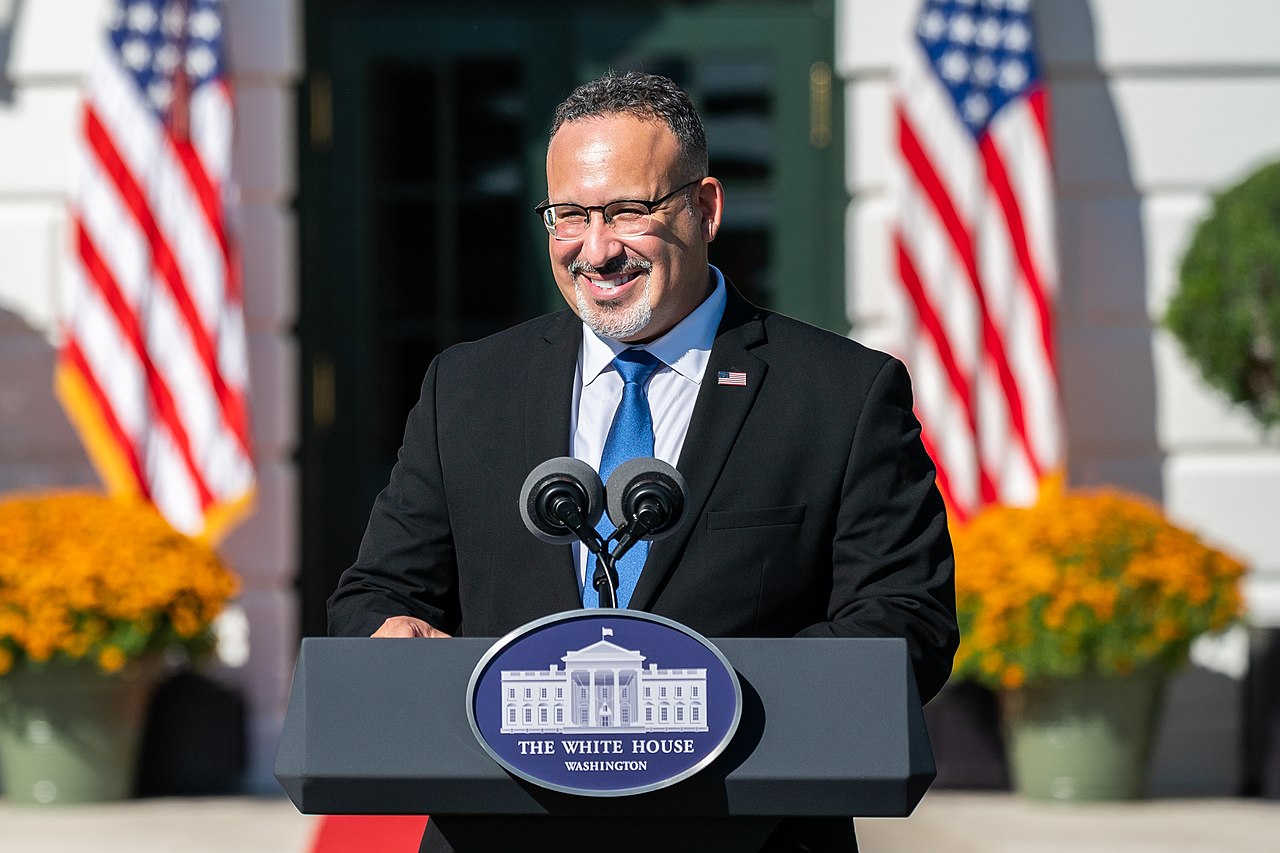
February 11, 2022
Advocacy Organizations Ask Education Department to Stop Opposing Student Debtors in Bankruptcy Court
A coalition of 17 advocacy organizations called on Education Secretary Miguel Cardona to immediately withdraw his department’s opposition to student borrowers seeking to discharge their debt in bankruptcy court while the Department reviews its bankruptcy policies in a letter on Thursday. The letter can be read here.
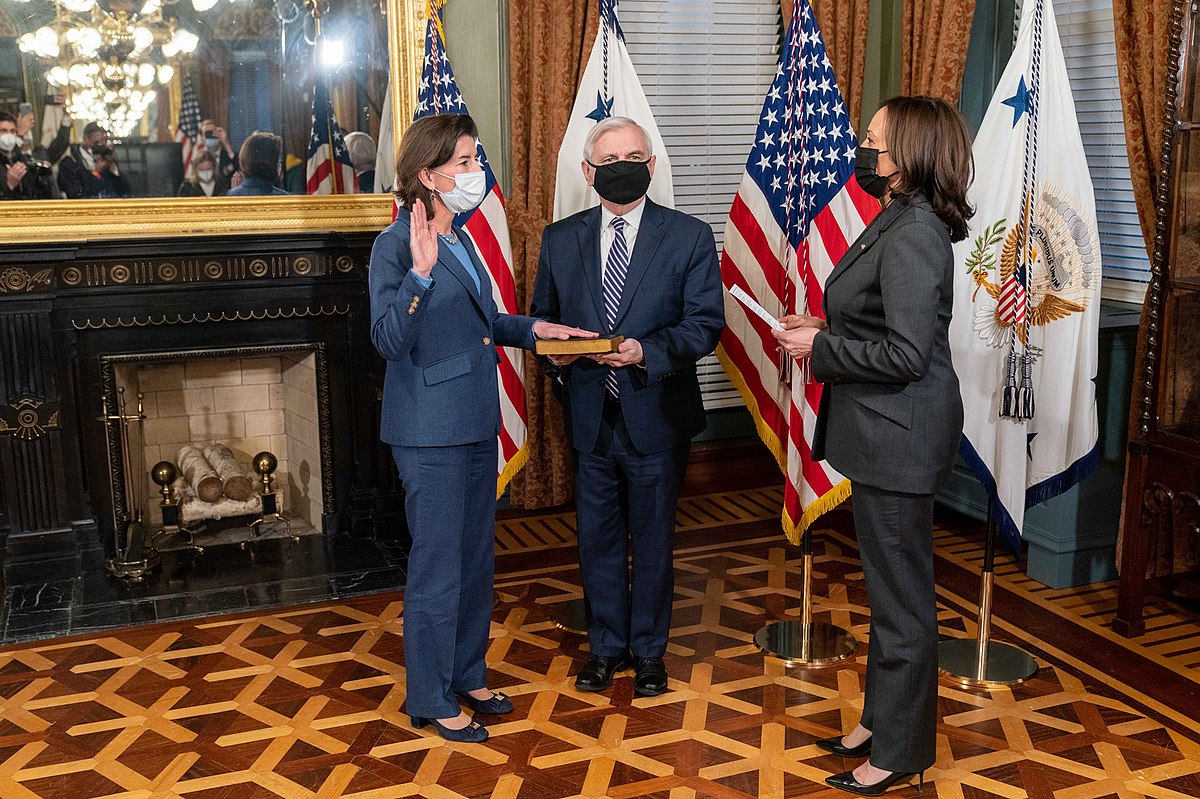
February 01, 2022
Coalition Calls On Secretary Raimondo to Release Calendars
We write to express our concern about your refusal to release your calendars and its implications for public trust in your department and this administration. As a public servant, the American people have a right to know who you meet with, when you meet with them, and what you discuss. In the absence of proactive disclosure, and with other routes to obtaining this information subject to extensive delays, the public is being left in the dark about who may be influencing the country’s trade and economic policy, and how. This is all the more alarming in light of your recent comments that favored Big Tech and contradicted Biden administration policy. We ask that you immediately address this grave threat to public trust by releasing your calendars, retroactively and at regular intervals moving forward.
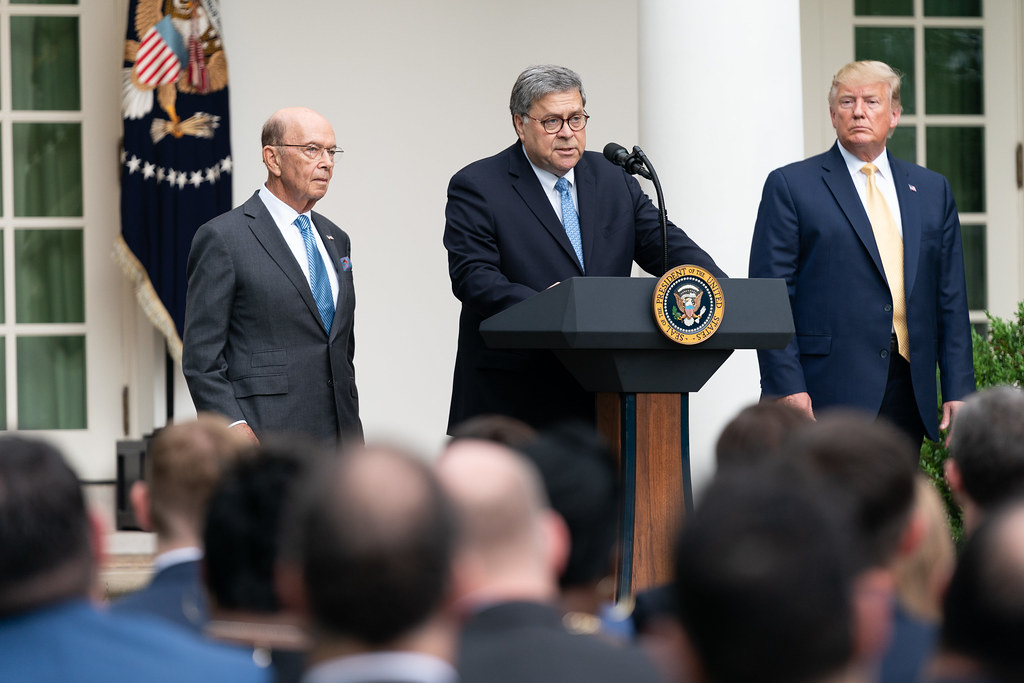
January 31, 2022 | The American Prospect
Garland Has Yet to De-Trumpify His Office of Legal Counsel
One former employee of the Office of Legal Counsel, upon quitting her job during the Trump presidency, described the OLC’s work to The Washington Post succinctly: “using the law to legitimize lies.” Three years later, and a year after Trump left office, most of those legitimized lies remain intact.

January 24, 2022
Corporate Capture’s Circle of Life: The Copyright Office’s New Disney Lawyer
Since the Copyright Office provides expert recommendations and advice to Congress, the executive branch, and the courts, Disney’s recent employees may soon be advising government officials about copyright policy.
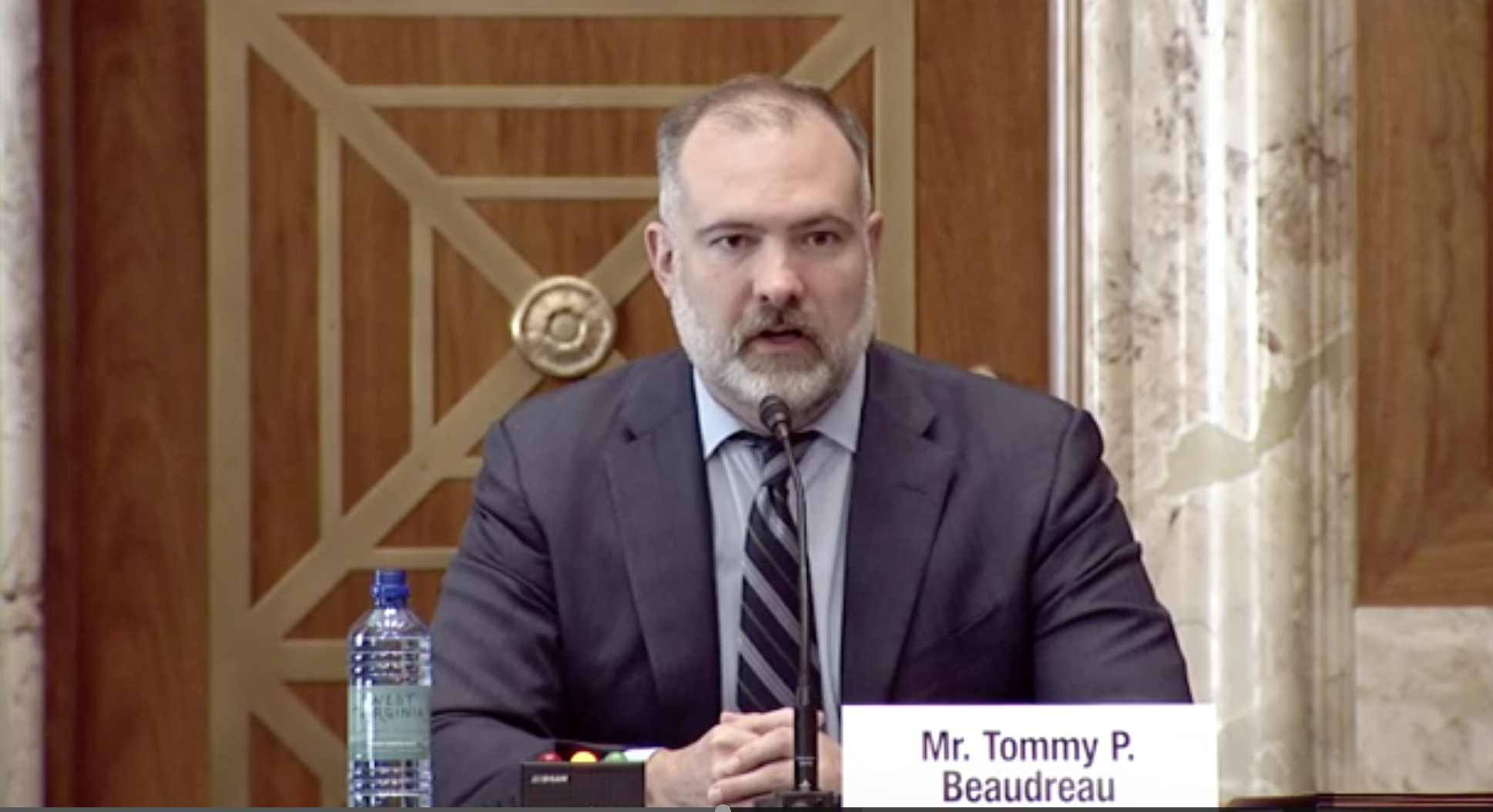
January 24, 2022
Revolver Spotlight: Tommy Beaudreau Is Big Oil’s Back Door to Biden’s Interior
President Biden nominated Tommy Beaudreau to be his Deputy Secretary of the Department of the Interior last April, and he was confirmed to the position by June. Unfortunately, though Biden seeks to be seen as a climate champion, Beaudreau was, and is, a uniquely terrible choice to help helm a climate-focused administration. His revolving door record is extensive, his conflicts of interest are nearly unprecedented, and his (re)installment at the highest circles of the Department of the Interior was ultimately a win for oil and gas conglomerates.
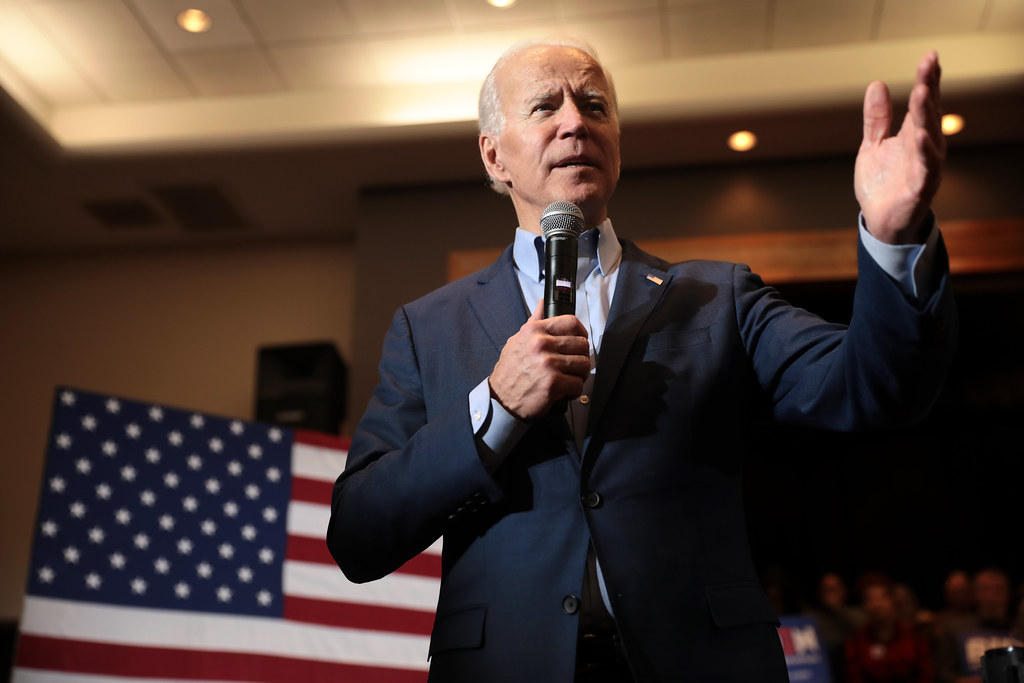
January 20, 2022 | The New Republic
The People Dream Of A President Who Will Take On Corporations
We must recognize the common root cause of many of the problems we are currently enduring: corporate greed.
January 12, 2022 | Revolving Door Project Newsletter
Pelosi Turns a Political Slam Dunk to a Troubling Liability
With Omicron surging, Build Back Better sputtering, and the latest voting rights push facing long odds, it’s no secret that Democrats are in desperate need of a win to prove their worth. So what did Democratic leadership do when one such opportunity – enthusiastically championing a move to ban members of Congress from trading stocks – fortuitously fell into its lap? You guessed it…Speaker Nancy Pelosi mocked and immediately rejected it.
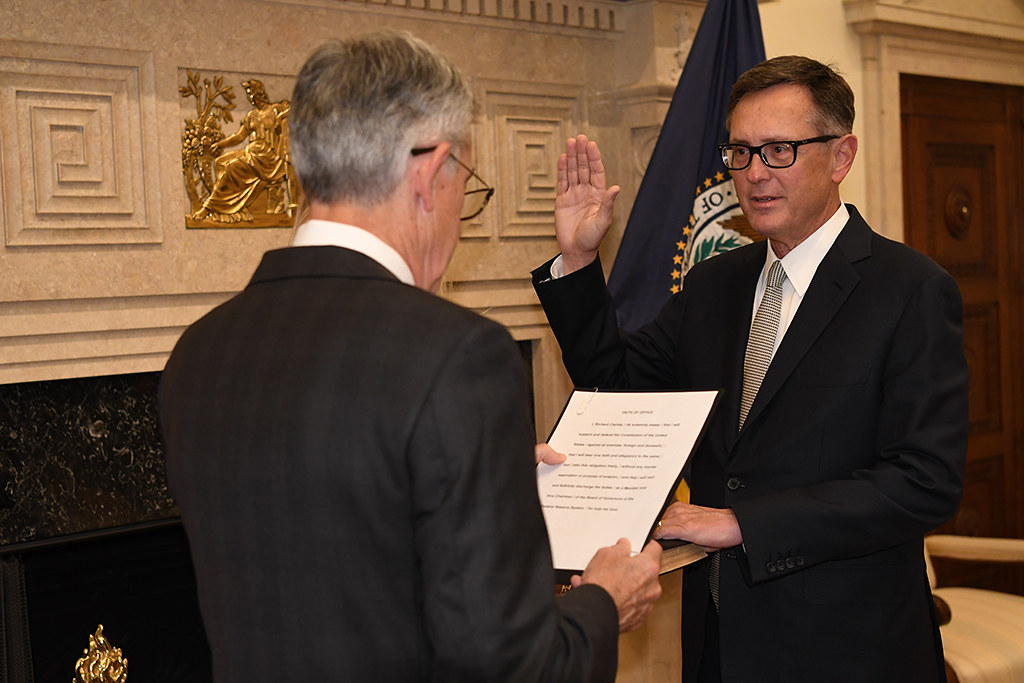
January 10, 2022
The Public Still Needs Answers About The Fed
Federal Reserve officials’ conduct has cast doubt on the institution’s credibility to provide these answers. It is, therefore, critical that members of the media and of Congress seek independent answers.
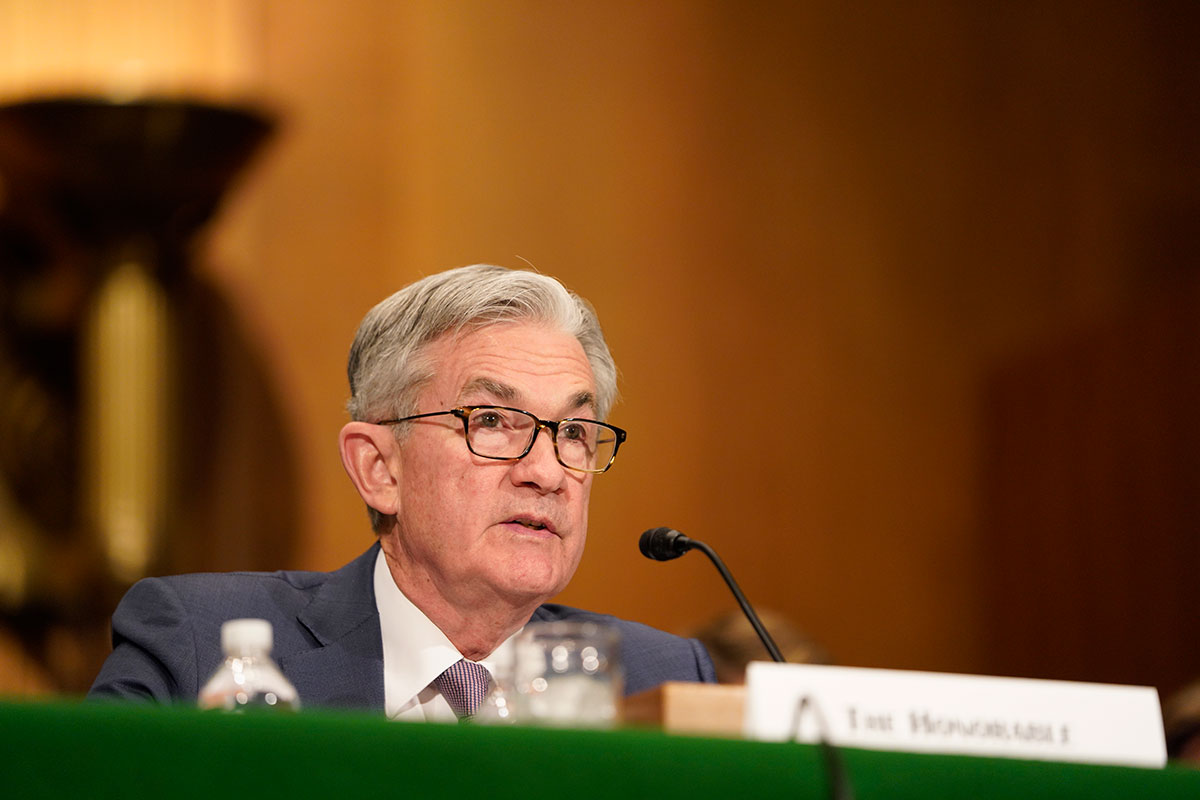
January 10, 2022
Letter Calls on Senators to Grill Powell on Fed Ethics Failures
In the fall of 2021, a series of trading scandals rocked the Federal Reserve and cast doubt on every aspect of its ethics program, from disclosure practices and vetting standards to enforcement mechanisms. The message to the public was clear: under chairman Jerome Powell, the Federal Reserve’s sole executive officer and the official to whom the institution’s staff reports, ethical conduct was not a priority. After initially brushing off the seriousness of these revelations, Powell seemingly sought to change that impression by instituting new ethics standards and launching an Inspector General’s investigation.
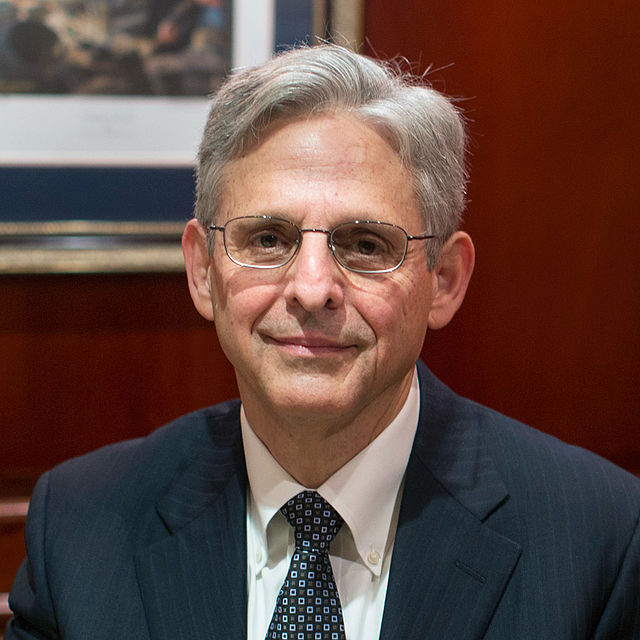
January 06, 2022 | The American Prospect
Merrick Garland Is Undermining The Biden Antitrust Strategy
In theory, nothing prevents Biden from hiring whomever Kanter personally trusts to help execute their shared agenda. So what’s causing the chaos?
January 05, 2022 | Revolving Door Project Newsletter
The Stones that Paved the Way to 1/6
Tomorrow marks one year from when rioters stormed the Capitol building in an attempt to overturn the 2020 presidential election. In the 364 days since that horrific event some things have certainly changed: the presidency has successfully changed hands, almost 200 insurrectionists have plead guilty, and a handful of Trump’s associates have been held in contempt of Congress for their refusal to testify before the select committee. And yet, in other respects, progress has been woefully incomplete. Key officials from the Trump administration remain in place, the federal government continues to defend many of Trump’s seemingly indefensible legal positions, and Trump and his inner circle have not faced consequences for inciting the insurrection.
